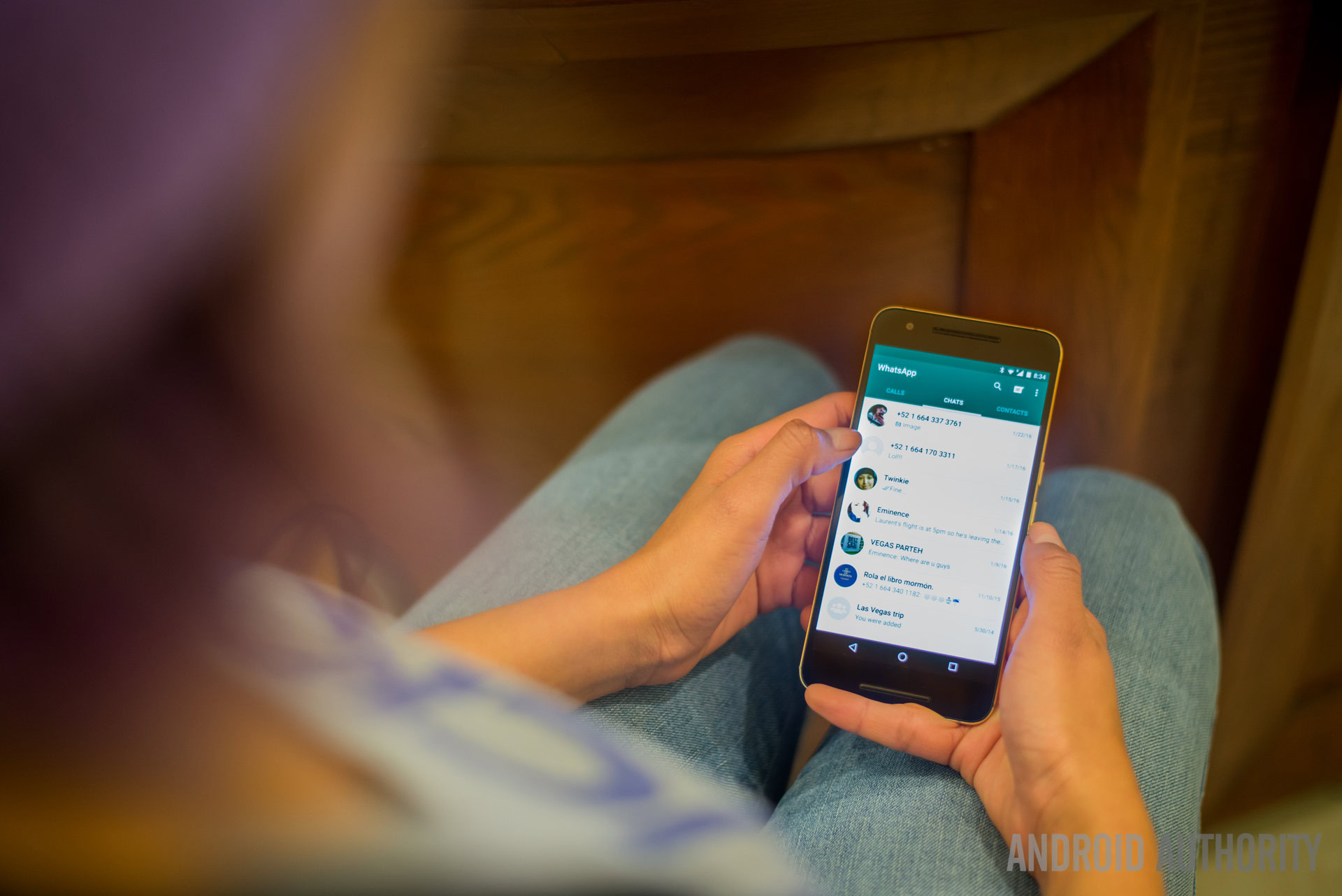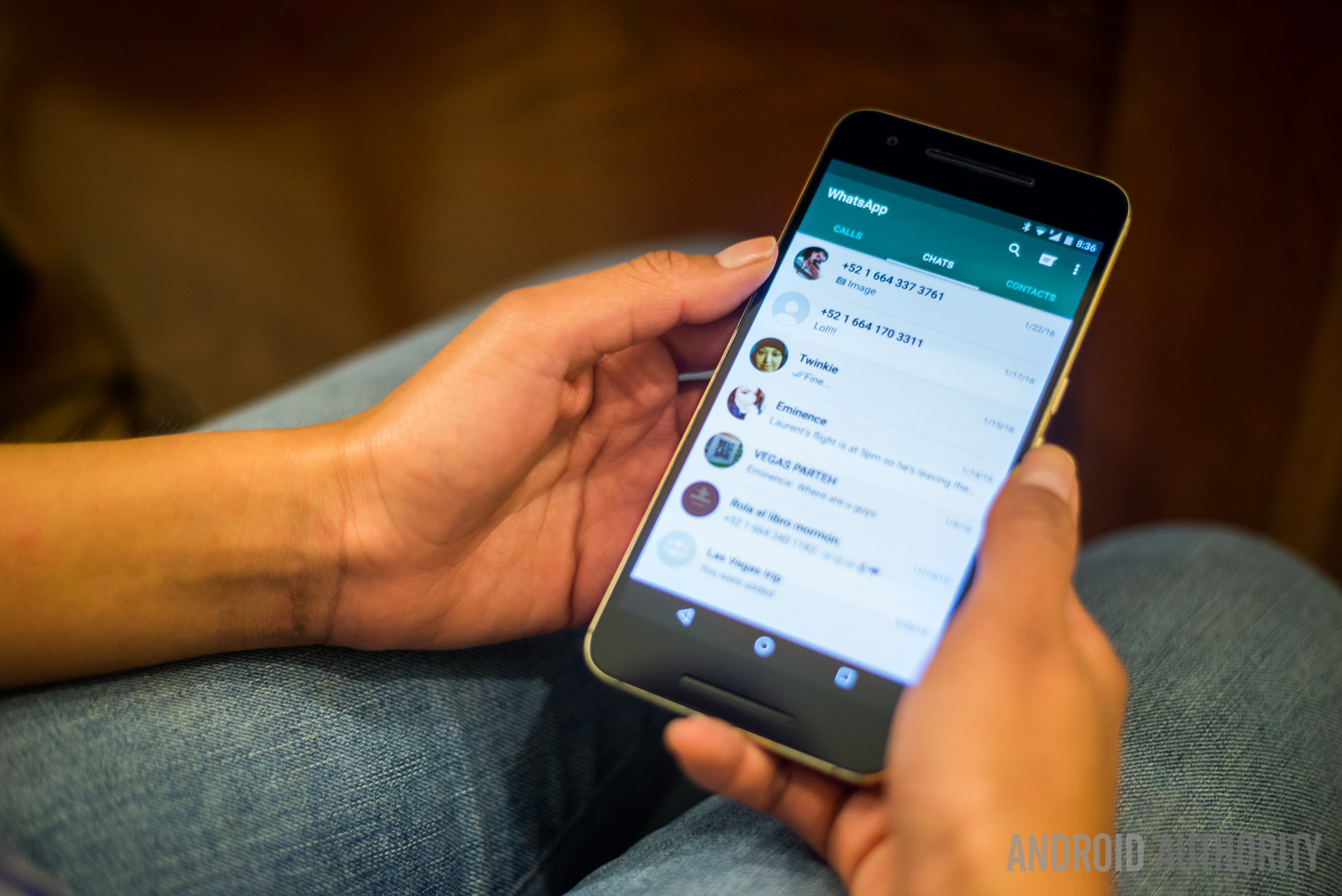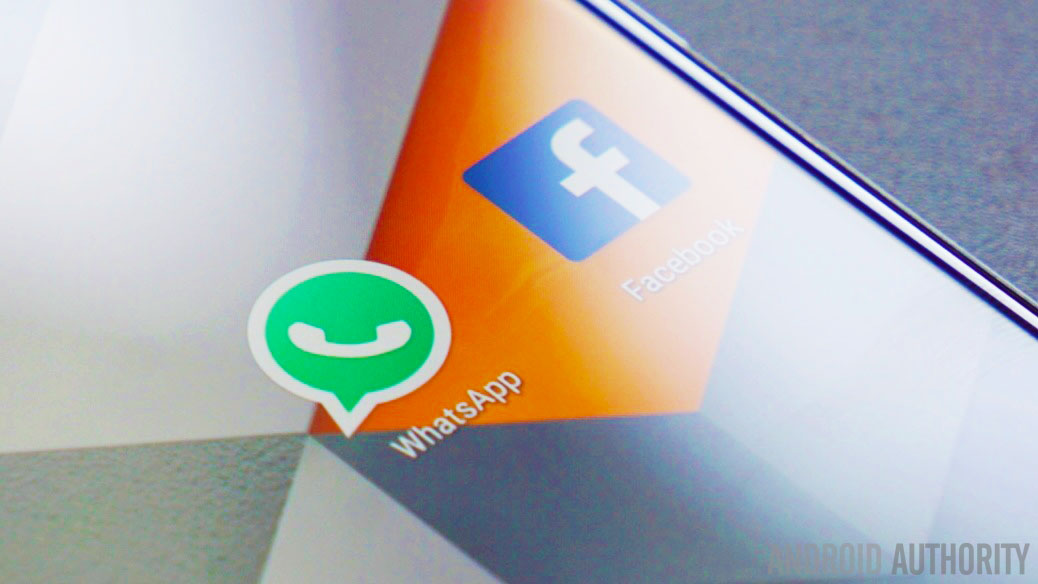Affiliate links on Android Authority may earn us a commission. Learn more.
One billion people now use WhatsApp every day, but why?

Just yesterday, WhatsApp celebrated yet another milestone: one billion daily active users. According to its blog post, there are now 55 billion messages, 4.5 billion photos, and one billion videos being sent and shared every day amongst WhatsApp users. Indeed, what started out as a simple idea between two former Yahoo employees has become a global phenomenon. But what exactly makes this messaging app so great?

Started from the bottom now we here
Brian Acton and Jan Koum – the founders of WhatsApp – may have sold their app for billions of dollars to Facebook in 2014, but things weren’t always so glamorous. The two former Yahoo employees started brainstorming ideas in 2009 when Koum realized that apps were going to be the next big thing. While Acton and Koum managed to find a Russian developer to create WhatsApp, early versions of the app proved to be practically unusable.
It wasn’t until Apple launched push notifications and Acton managed to get former friends at Yahoo to invest $250,000 in seed funding that the app had the necessary resources to grow. The app launched exclusively for the iPhone in November 2009, followed by BlackBerry two months later, and then finally Android in 2010. The number of active users skyrocketed from 250,000 in 2009 to 200 million at the end of 2013.
WhatsApp killed SMS in the most perfect way
Even after the $19 billion acquisition in 2014, the app continued to grow, adding photo- and video-centric features as well as support for Windows and Mac. Just last year, WhatsApp celebrated one billion monthly users, and now with one billion daily active users, it’s still one of the most popular messaging apps in the world along with Facebook Messenger and WeChat.
But why is it so popular? What makes it so great?
The short answer is this: WhatsApp killed SMS in the most perfect way. And here’s how:
Free and ad-free

Sure, WhatsApp used to charge a few dollars after a year of free service. Sure, Facebook changed its privacy policy last year so that businesses can send promotional messages to users (which is a slap in the face given Acton and Koum’s mission statement, but I’ll save my frustration for another post). Right now, however, WhatsApp is completely free – not just free of charge but also free of intrusive ads.
No more worrying about SMS limits. No more abbreviating words to fit them all in one message. No more waiting for your messages to send.
You can text and call your friends for free no matter where they are as long as you have an internet connection. While that’s become a norm these days, it was revolutionary just a few years ago. Remember how clunky, slow, and expensive SMS was? Flip phones had evolved into smartphones, but our messaging system was still stuck in the flip phone era. WhatsApp essentially replaced that antiquated system and provided a user experience that simply did not exist back then. No more worrying about SMS limits. No more abbreviating words to fit them all in one message. No more waiting for your messages to send. No more counterintuitive UI.
You are your phone number

WhatsApp definitely saved my life (from my parents’ wrath) back in the day when I’d only get 500 or 1,000 texts per month. Of course, I used them all in the blink of an eye as a teenage boy. But a lot of other messaging apps have emerged since, offering similar features. Facebook Messenger recently celebrated crossing one billion in daily active users, and apps like WeChat, QQ Mobile, and LINE are slowly catching up.
You are your phone number. Your regular contacts are your WhatsApp contacts.
However, the one thing that’s differentiated WhatsApp from others from the get-go is its simplicity – no registration, no usernames, and no adding contacts. You are your phone number. You can see who’s online, check whether your friends have received or read your messages, and create groups, all without having to add people by their usernames. Your regular contacts are your WhatsApp contacts. And this works whether you have an Android, iPhone, BlackBerry, or Windows, and whether you are on a phone, tablet, or computer.
Some of my friends who (still) have iPhones marvel at high-end Android smartphones. I tell them to get an Android next time, and their answer is always the same: Android phones don’t have iMessage. WhatsApp, for me at least, is like iMessage on steroids. Not only does it replace SMS and work seamlessly across devices, but it’s available virtually on any operating system. Its ubiquity is its lethal weapon.
Will it continue to grow?

WhatsApp's popularity is heavily region-dependent.
It’s unclear. WhatsApp’s popularity is heavily region-dependent. For instance, in East Asia, messaging apps like WeChat and Kakao Talk dominate the market whereas in North America (US and Canada in particular), Facebook Messenger and Snapchat have become the predominant mode of communication. My guess is that WhatsApp’s popularity in Europe, South America, certain parts of Africa, and India initially had something to do with the cost of cell service a few years back.
When I lived in France and Argentina, not only was WhatsApp my go-to messaging app, but it actually proved to be more cost-effective than sending texts. Of course, other markets are following the footsteps of US carriers in eliminating voice and text charges and shifting their focus to data, meaning the financial burden of sending text messages will no longer be relevant. However, given the fact that WhatsApp is already an integral part of smartphone users in these areas, its usage is likely to continue growing in those parts of the world. As for other regions, I personally think it’s too late for WhatsApp: Chinese and Korean users won’t suddenly abandon WeChat and Kakao Talk just as Americans and Canadians won’t suddenly migrate from Messenger and Snapchat.
WhatsApp helped bring forth a post-SMS era of sending and receiving messages, and the recent one billion figure is proof of people’s love for it. However, we are on the brink of another revolution, and the circumstances that helped WhatsApp thrive have changed drastically. It seems Facebook’s answer is to make WhatsApp more like Snapchat, but the question is, “Will that be enough?”